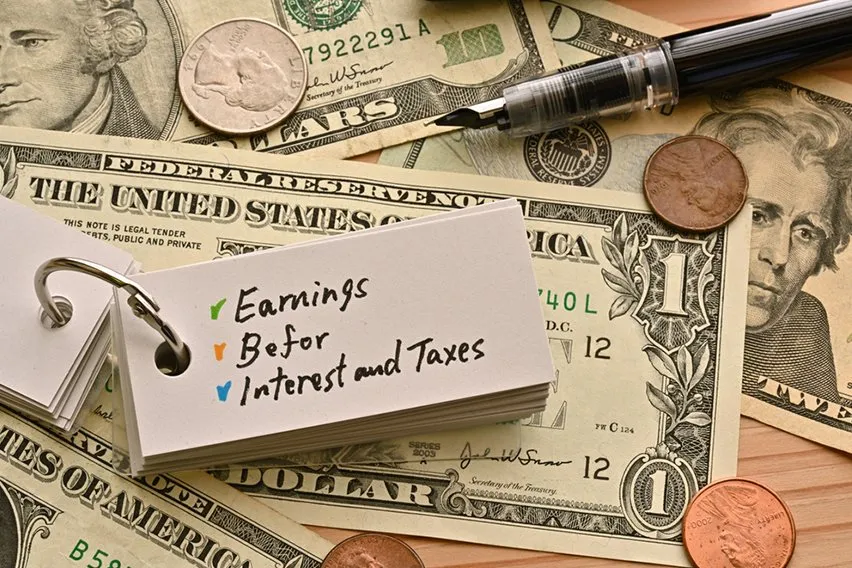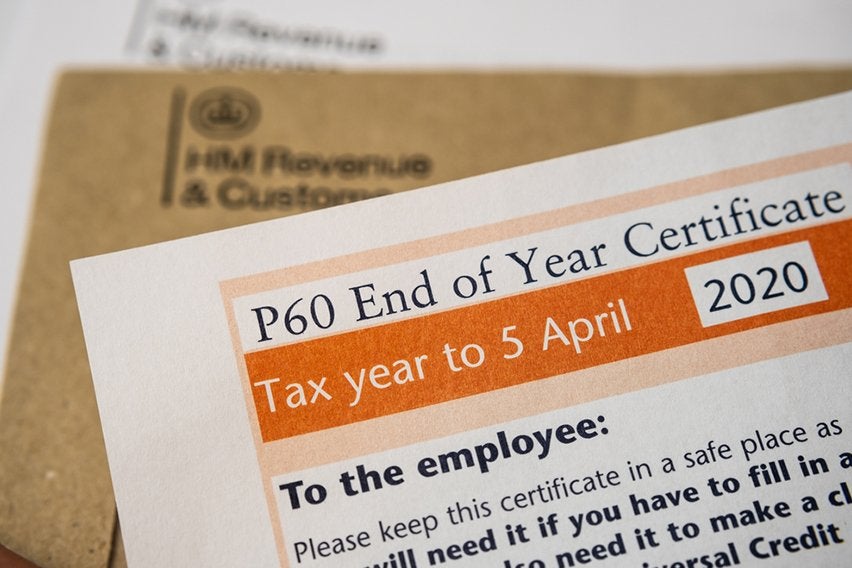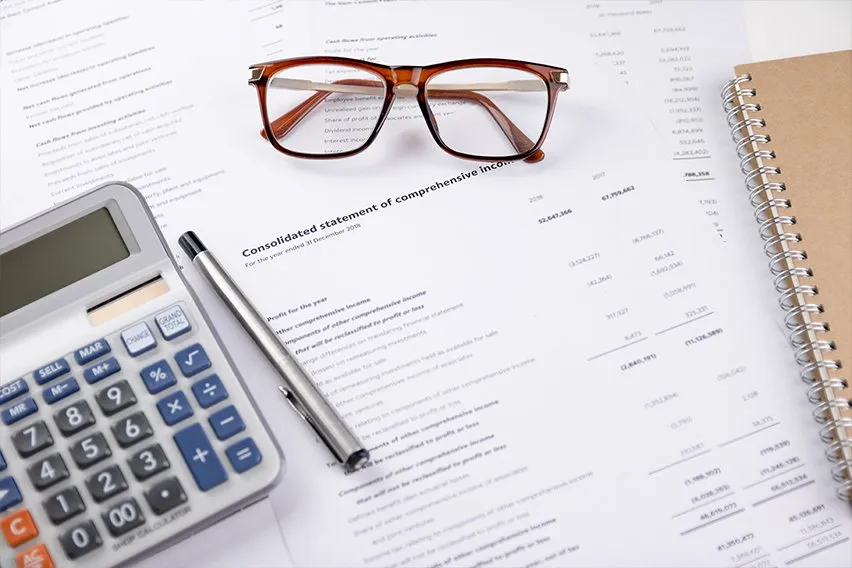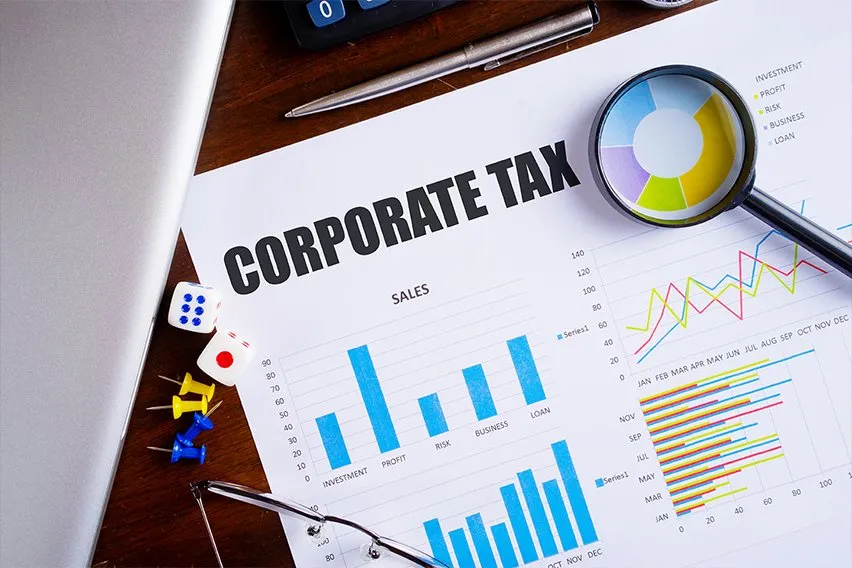How Much Can You Earn Before Tax? Income Tax & Allowance Calculator

When we look at our paychecks, we don’t see the full amount that we’re earning. We have to pay some into social security schemes, whether for National Insurance or an income tax. As such, we have our taxable income, and then our income after taxes. The two are very different from one another. Keep reading to understand just how much you can earn before tax, and how to calculate it!
Here’s What We’ll Cover:
How to Calculate Your Income Tax
What Is Income Tax?
Income tax is the tax that you pay on your income. Some types of income are subject to income taxes, while others are not. Let’s look at some of each.
What You Pay Income Tax On
These are all forms of income that are taxed:
- Money earned through employment
- Self-employment income
- Certain state benefits
- Most pension choices, including state and company pensions
- Tax on rental income
- Benefits from your job, for the duration of the benefits

What You Don’t Pay Income Tax On
If you receive a type of income below, you may not have to pay taxes on it:
- The first £1,000 of self-employment income (this is your trader tax allowance)
- The first £1,000 of rental income
- Income from an Individual Savings Accounts and any other form of tax-exempt income account
- Dividends from company shares under the dividend allowance
- Some state benefits
What Is Tax-Exempt Income?
Tax-exempt income is any form of income that taxes cannot be taken out of. No tax rates can be assigned to these forms of income. There is a standard rate of each individual’s income that cannot be taxed. Current rates place that amount of income at £12,570. That is the standard rate cut-off point, and anything made in excess of that can start to be taxed. This is also known as the Personal Allowance.
The Personal Allowance may be larger if you can claim the Marriage Allowance or the Blind Person’s Allowance on your tax form. However, if your income exceeds £100,000, your Personal Allowance will be smaller.
The Income Tax Rate and Tax Bands
Depending on your income, you’ll belong in a different tax band. Your personal allowance will still be £12,570, but once you’ve exceeded that you’ll be paying a tax rate. Here are the tax bands at this point in time.
- Personal Allowance – Up to £12,570 with 0% tax rate
- Standard Rate Band – £12,571 to £50,270 with 20% tax rate
- Higher Rate Band – £50,271 to £150,000 with 40% tax rate
- Additional Rate Band – £150,001 and above with 45% tax rate
This makes the task of calculating your income tax quite easy!
How to Calculate Your Income Tax
Calculating your income tax based on your annual salary is easy. You only have to know what your Personal Allowance is, your salary, and the tax rate for your band. See the below example for an individual who makes £50,000 a year.
Step 1: Knowing What Band You’re In
Using the above information, you can see that a person who makes £50,000 a year is in the Standard Rate Band. This is important for later steps.
Step 2: Determining Your Taxable Income
To determine your taxable income, you’ll deduct your Personal Allowance from your annual salary.
£50,000 – £12,570 = £37,430
Step 3: Calculating the Tax You Should Pay
To calculate how much you should pay, you simply find 20% of the amount you’ve figured before. In this case, it’s 20% of £37,430.
£37,430 x .20 = £7,486

Understanding the Bands
For an individual who makes more than £50,270, it’s important to realize that they don’t pay 40% on all of their income. For any income between £12,571 to £50,270, they pay 20%. Then any additional income over £50,270 they pay the 40%.
What are Taxes Used For?
Taxes are collected by HM Revenue and Customs to pay for public services. These services include the NHS, education, and the welfare system. They also go towards infrastructure, like roads, rails, and housing.
Key Takeaways
Taxes are a necessary part of our society. We don’t like paying them, but they go towards our community. As such, knowing just how much you should be paying in taxes is important. Thankfully, thanks to the income tax bands, calculating your tax rate is easy.
Was this article informative? If you need more like it, be sure to check out our resource hub!
RELATED ARTICLES

 What is a P60 Form and How Do You Get One?
What is a P60 Form and How Do You Get One? What Is Furlough Pay? A Complete Guide
What Is Furlough Pay? A Complete Guide How to Pay Corporation Tax?
How to Pay Corporation Tax? What Is Flat Rate VAT Scheme & How It Benefits Business
What Is Flat Rate VAT Scheme & How It Benefits Business What Is Corporation Tax? Definition & Calculation
What Is Corporation Tax? Definition & Calculation 4 Best Furlough Calculators to Calculate a Coronavirus Furlough Claim
4 Best Furlough Calculators to Calculate a Coronavirus Furlough Claim